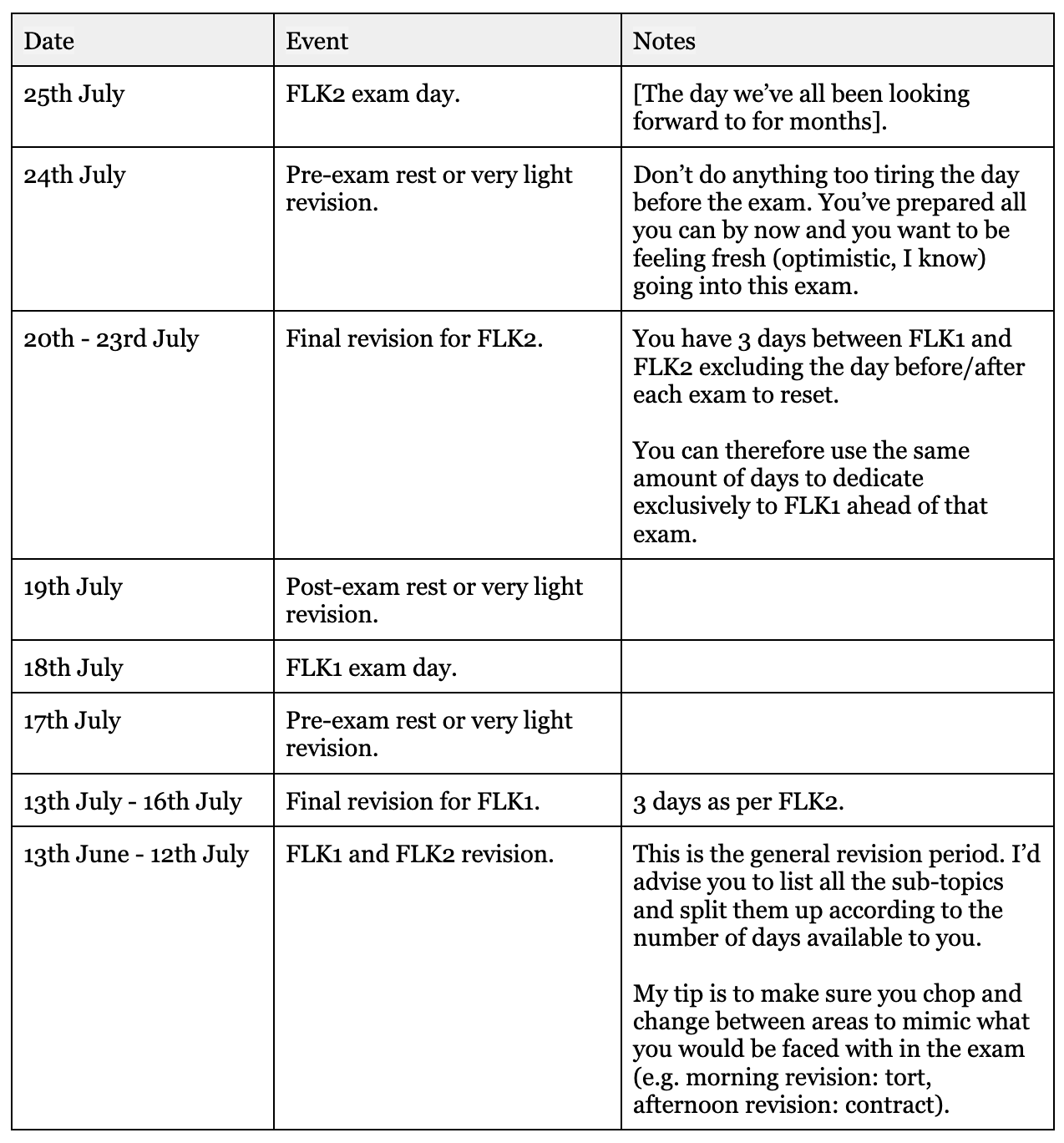Building on the Basics (Part 2)
By this point in your SQE1 journey, you’re likely getting to grips with the legal concepts and study techniques. So, how might you take it a step further?
Consider nuances
The obvious way of going beyond the basics is to look at nuances. I’ve previously spoken about the SQE1 being notorious for having multiple plausible answers, and the only real way to differentiate between them is by focusing on the nuances. Where both answers appear correct, ask yourself: Does one account for an exception or nuance that the other ignores? Or does one answer use legal language more accurately?
The SQE’s mission is to prepare you for your first day as a qualified solicitor, so they want to see that you understand grey areas in the law and how to address them. It isn’t enough to know the general concepts; you need to know the details.
Focus on sentence structure as well as content
One method for wiggling down the right answer is focusing on sentence structure. For example, are two answers the same except that “must” is replaced by “may”? Or does an option refer to “always” rather than “sometimes”? These questions are looking to test how deep your knowledge goes, and these subtle differences are a huge clue on what the examiner is trying to get at.
Block out the noise
This is a bit of a word of warning. You may have already started hearing people talking about using different providers, often at an added cost. This conversation tends to ramp up even more as you approach exams, often alongside heightened anxiety, and provides a one-way ticket to increased stress.
It’s ultimately up to you whether you wish to get access to additional resources, and there is no right or wrong answer, but my experience recommends that you shouldn’t feel pressured to do so. I found that only using the resources provided by my course provider was enough to prepare adequately for the exam. My reason for this was that I felt the content for SQE1 was big enough using only materials from my provider, so the idea of adding even more to cram into my brain felt counterproductive - but that’s just my personal experience. On this one, try to block out the noise and tune into what you believe would be best for you.
I would also note that some providers are not on the approved SRA list and ended up giving a fair amount of inaccurate information - the last thing you want after spending so much effort getting things into your head.
Use your teachers
This is a basic one, we’ve been told to “make use of teachers” since we started studying, but what exactly do we tell them? You’ve been studying the SQE for some weeks now, so you’ll have results to look back on. I’d suggest you look back and note the patterns across these to let them be the groundwork on which you base your 1:1 with your teacher.
Let me give you a personal example. I noted that I was consistently getting my worst grades on contract and tort. To me, the subjects were separate. However, a conversation with my tutor revealed that both areas relied heavily on case law. I then turned my attention away from my books and looked up key cases for both subjects (a quick ChatGPT search did the job, but don't forget to verify the reliability of each case after!). I also found that reading case facts helped me commit legal concepts to memory quicker, as I could relate real-life examples to the abstract ideas given to me in my textbook.
That’s just one example, and everyone will have their own challenge, so focus on clarifying what that is for you first and work from there. The more specific you are in tracking your strengths and weaknesses, the more you can focus on areas that need improvement. If you need a starting point, begin jotting down the questions that you get wrong and tally them according to subject and sub-topic; this might give you an indication of where to look first.
Look forward and then work backwards
And finally, I’ll end this post by looking forward. You’re a while off revision, but when you get there, I found it really useful to start planning back from my exam date to the present moment. This means establishing when you aim to start your revision and what you’ll be doing from that date up until you walk into the exam hall. This helped me arrive to the exam prepared but without spending every waking minute studying. I’ve provided an example revision schedule based on the July 2025 exams below, but you can feel free to do it however works best for you. Under the ‘Notes’ column, you can see my logic behind the dates so you can apply it to your own schedule.
Example Revision Schedule:


